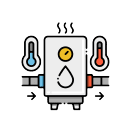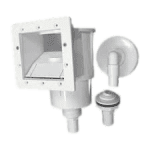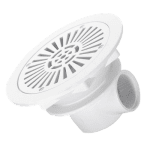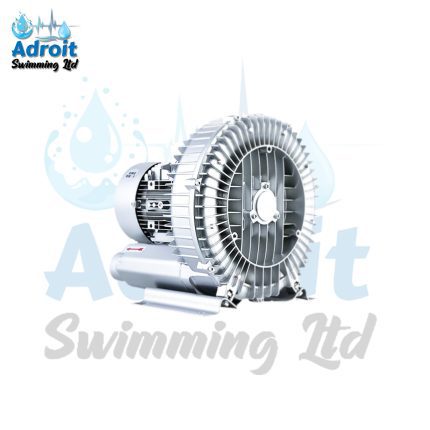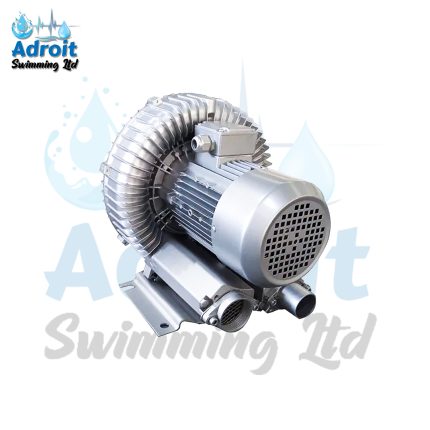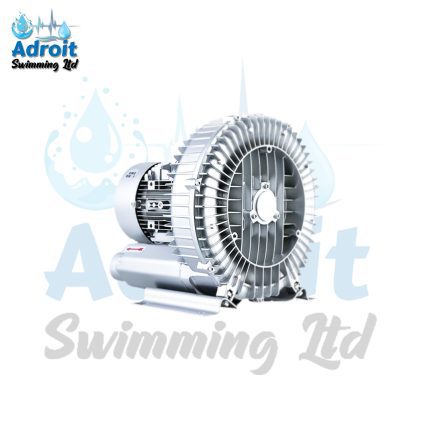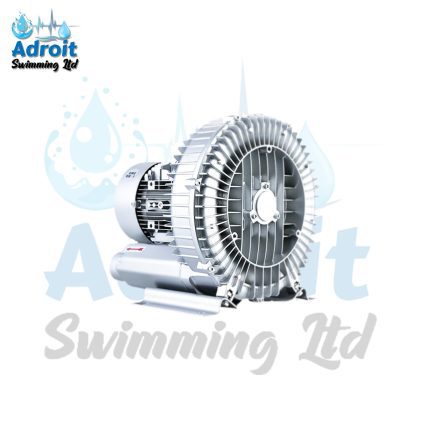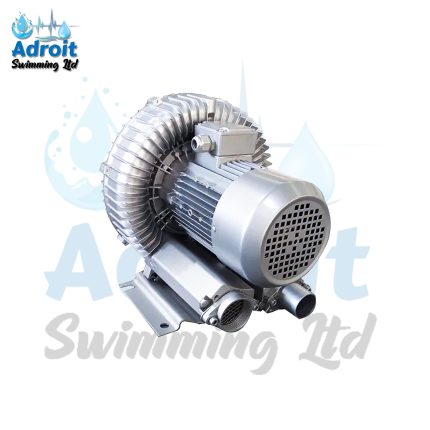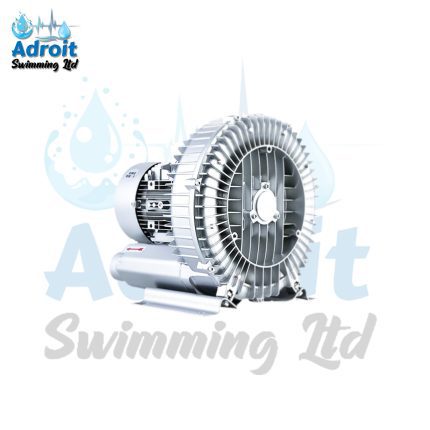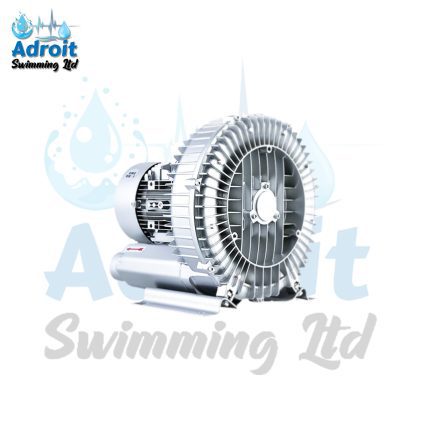Air blowers
Air blowers are devices commonly used in swimming pools, hot tubs, and spa systems to introduce air into the water, creating a bubbling effect. They work by drawing air from the environment and forcing it through a network of pipes and jets installed in the pool or spa. The bubbles produced by air blowers enhance water circulation and create a pleasant, massage-like sensation for swimmers and spa users, improving their overall experience.
Swimming Pool Air Blowers: Essential Equipment for Pool Maintenance
Swimming pool air blowers are specialized devices designed to facilitate the maintenance and care of swimming pools, spas, and other aquatic facilities. These powerful blowers are primarily used for drying pool covers, clearing debris, and maintaining the cleanliness of the pool environment. With their efficiency and versatility, air blowers are essential tools for pool owners and maintenance professionals alike. This article explores the features, benefits, types, and proper usage of swimming pool air blowers.Purpose of Swimming Pool Air Blowers
The primary purpose of swimming pool air blowers is to remove moisture and debris from various surfaces, ensuring that the pool area remains clean, dry, and safe. Their key functions include:- Drying Pool Covers: After rain or pool cleaning, air blowers help quickly dry pool covers, preventing water accumulation and potential damage to the cover material. This also helps maintain the pool’s cleanliness by reducing the risk of algae growth.
- Debris Removal: Air blowers effectively clear leaves, dirt, and other debris from pool decks, surrounding areas, and even the water surface. This prevents debris from entering the pool, where it can affect water quality and clarity.
- Drying Surfaces: After cleaning or maintenance, air blowers can be used to dry wet surfaces around the pool, such as decks, stairs, and furniture, reducing the risk of slips and falls.
- Aeration: In some cases, air blowers can be used to aerate water features or fountains, improving water circulation and promoting a healthy aquatic environment.
Features of Swimming Pool Air Blowers
- Powerful Motors: Most swimming pool air blowers are equipped with high-performance motors that deliver significant air pressure, allowing for efficient drying and debris removal.
- Lightweight and Portable: Designed for ease of use, air blowers are typically lightweight and portable, making them easy to maneuver around the pool area. Many models come with carrying handles or wheels for added convenience.
- Variable Speed Settings: Some air blowers offer variable speed settings, allowing users to adjust the airflow according to the specific task. Higher speeds are useful for quickly removing large volumes of water or debris, while lower speeds can be used for more delicate drying tasks.
- Durable Construction: Built to withstand outdoor conditions, swimming pool air blowers are typically made from robust, weather-resistant materials. This durability ensures that they can perform well in various environments without suffering damage from moisture or UV exposure.
- Noise Levels: Many modern air blowers are designed to operate with reduced noise levels, making them more user-friendly and less disruptive during poolside activities.
Benefits of Swimming Pool Air Blowers
- Time Efficiency: Air blowers significantly reduce the time required for drying pool covers and surfaces, allowing pool owners to focus on enjoying their pool rather than maintaining it.
- Enhanced Safety: By removing moisture from surfaces, air blowers help prevent slippery conditions that can lead to accidents, ensuring a safer swimming environment.
- Improved Pool Hygiene: Regular use of air blowers can help maintain the cleanliness of the pool area, preventing the buildup of debris that could affect water quality and swimmer health.
- Versatility: Swimming pool air blowers are not limited to pool use; they can also be utilized in various applications, such as drying wet furniture, cleaning outdoor spaces, or assisting with other landscaping tasks.
- Cost-Effectiveness: Investing in a quality air blower can save money in the long run by reducing the need for professional cleaning services and ensuring that pool covers and surfaces are properly maintained.
Types of Swimming Pool Air Blowers
- Electric Air Blowers: These are the most common type of pool air blowers, powered by electricity. They are widely used for their efficiency and ease of use, making them ideal for residential and commercial pool maintenance.
- Gas-Powered Blowers: For larger pools or commercial applications, gas-powered air blowers provide the advantage of portability and extended run time without the need for electrical outlets. They are suitable for outdoor use and can handle larger tasks.
- Vacuum/Blower Combos: Some air blowers come with the added feature of vacuum functionality, allowing users to switch between blowing and vacuuming tasks. This versatility can be particularly useful for comprehensive pool maintenance.
Proper Usage of Swimming Pool Air Blowers
- Safety First: Always follow safety precautions when using air blowers, especially when working around water. Ensure that electrical blowers are kept away from water sources to prevent electrical hazards.
- Clear the Area: Before using the air blower, remove any large debris from the pool area to ensure efficient operation and prevent clogging of the blower’s air intake.
- Adjust Airflow: Use the appropriate speed setting based on the task at hand. High speeds are ideal for quickly removing water, while lower speeds can be used for delicate surfaces.
- Direct Airflow Strategically: Aim the blower nozzle towards areas that require drying or debris removal, maintaining a safe distance to avoid blowing dirt and debris back into the pool.
- Regular Maintenance: Keep the air blower clean and inspect it regularly for any signs of wear or damage. Proper maintenance ensures optimal performance and extends the lifespan of the device.






